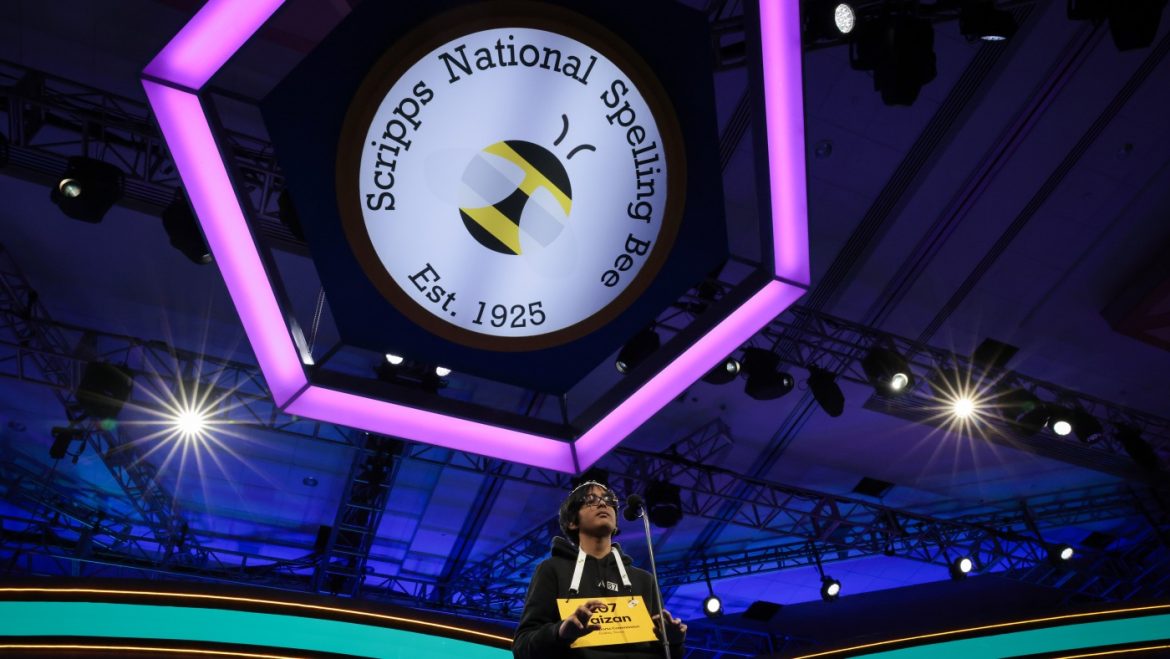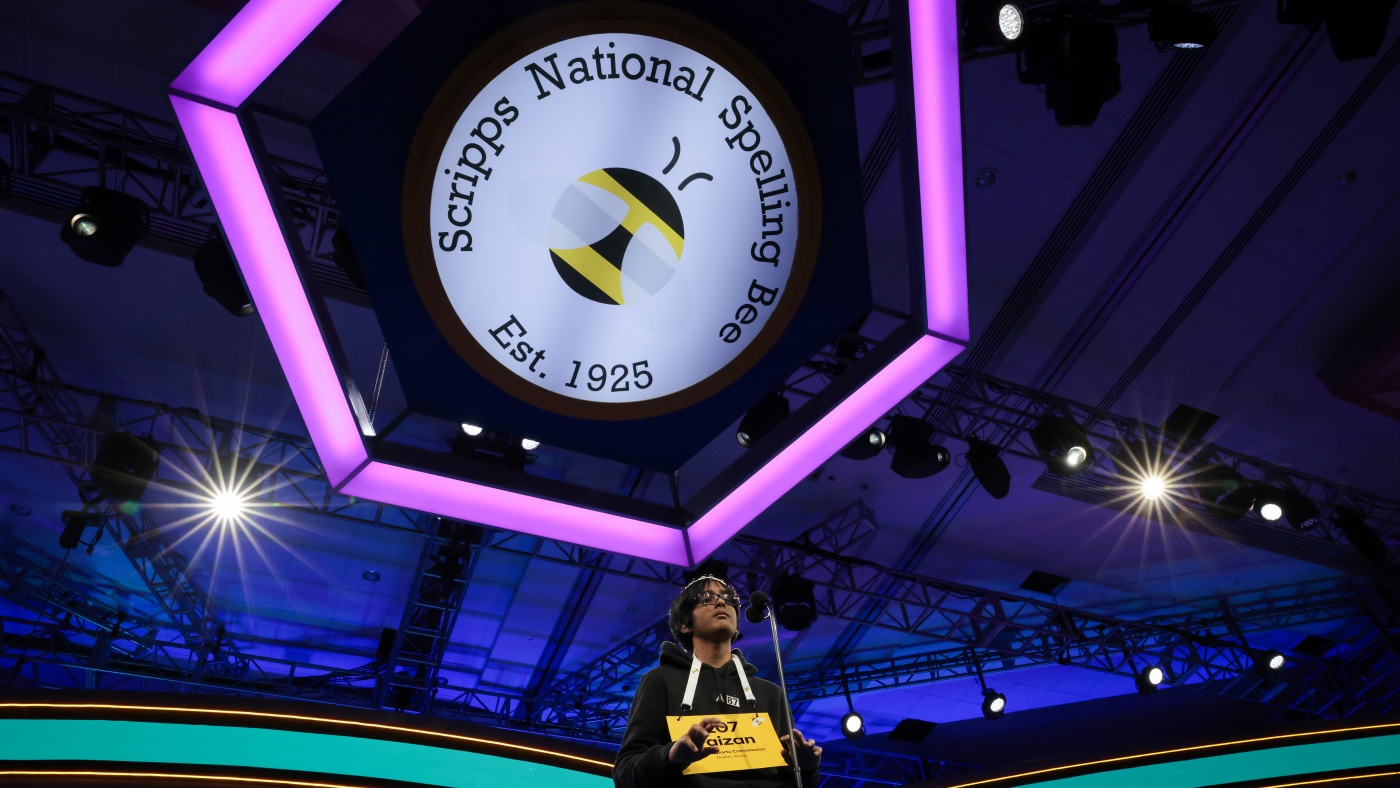The Scripps National Spelling Bee stands as a thrilling annual showcase of young linguistic talent, capturing public attention with its high-stakes drama and demanding vocabulary challenges. The 100th Scripps National Spelling Bee, recently won by 13-year-old Faizan Zaki, has reignited curiosity about whether adults can match or exceed the spelling prowess of these precocious youths. Beyond mere celebration of spelling skill, the event and related quizzes invite reflection on language mastery, education, and cognitive development.
The Scripps Spelling Bee Phenomenon: A Brief Overview
The Scripps National Spelling Bee is an iconic American competition, established nearly a century ago and now welcoming hundreds of finalists annually. Eligible participants are typically middle school students under age 15 who advance through rigorous regional contests. In the 2025 event—its centennial—nine finalists battled for the coveted Scripps Cup and significant prize money exceeding $50,000, showcasing not only accuracy but composure under pressure.
Faizan Zaki’s winning word secured his place in Bee history, underscoring the intense preparation and linguistic knowledge needed. The Bee is widely publicized, with live updates and opportunities for audiences at home to engage through quizzes featuring words drawn directly from the competition, thus democratizing the experience.
Are Adults Outmatched by 12- and 13-Year-Old Spelling Whizzes?
A recurring theme in media surrounding the Bee is the question: “Are you smarter than a 12- or 13-year-old speller?” This curiosity captures broader wonder about generational knowledge gaps. Quizzes modeled on actual Bee words have proliferated, challenging adults to match the spellings demanded in competition. The complex vocabulary—often including rarely used or foreign-derived words—stretches beyond typical adult usage, revealing specialized expertise these young spellers have built through systematic study.
Corrie Loeffler, the Bee’s executive director, confirms that while spelling aptitude varies, many participants possess remarkable intelligence relative to peers and adults alike in this domain. Success demands dedication akin to athletic training, reflecting how intense focus and memorization enable these youths to excel in an academic microcosm.
The Preparation Behind the Performance
Achieving Bee champion status is no accident; it typically requires years of study involving extensive word lists curated by Scripps. The process begins at the school level and extends through regional bees, culminating in the national contest. Spellers often engage with the official School Spelling Bee Study List, a set of 450 foundational words, before tackling more advanced and arcane terms.
Strategies include phonetic pattern analysis, etymological research, and repeated testing—skills that transcend rote memorization, fostering deep linguistic understanding. Training extends beyond rehearsal; successful spellers develop mental agility, stress management techniques, and strategic guessing methods. Side resources and advice for last-minute study are also widely circulated, underscoring the layered complexity involved.
Engaging the Public Through Interactive Quizzes
The recent buzz includes several interactive spelling quizzes inviting people to test themselves against Bee words, often phrased to challenge adults with the provocation “Are you smarter than a 13-year-old?” These quizzes vary in difficulty and are based on real competition words, stirring wide interest and participation among casual learners and Bee followers.
This popular approach not only entertains but educates by exposing broader audiences to unusual and rich vocabulary, often with definitions and contextual cues. As a result, the Bee’s reach extends far beyond contestants and their families, promoting literacy and curiosity in language nationwide.
The Cultural and Educational Impact
The Scripps Bee is more than a contest; it is a cultural institution that celebrates academic achievement and inspires young people to reach for intellectual excellence. Winners like Faizan Zaki become role models, highlighting how dedication to learning can lead to extraordinary accomplishments even at a young age.
Moreover, the event showcases the diversity of American youth and encourages educational communities to emphasize language arts. Participation motivates students to strengthen their spelling, vocabulary, and public speaking skills, with positive spillover effects on overall academic confidence and achievement.
Conclusion: More Than Just Spelling
The Scripps National Spelling Bee, through its storied tradition and modern iterations, continues to captivate and challenge audiences of all ages. The feats of 12- and 13-year-old champions reveal the impressive cognitive capacities of young minds when fueled by passion and disciplined study. Meanwhile, public quizzes inspired by the Bee invite adults and children alike to engage with a vibrant linguistic challenge, enriching appreciation for the complexity of language.
Ultimately, the Bee transcends the question of “smarts” alone, representing instead a celebration of perseverance, learning, and the joy found in mastery of words—a reminder of how language connects generations and sparks lifelong curiosity.


